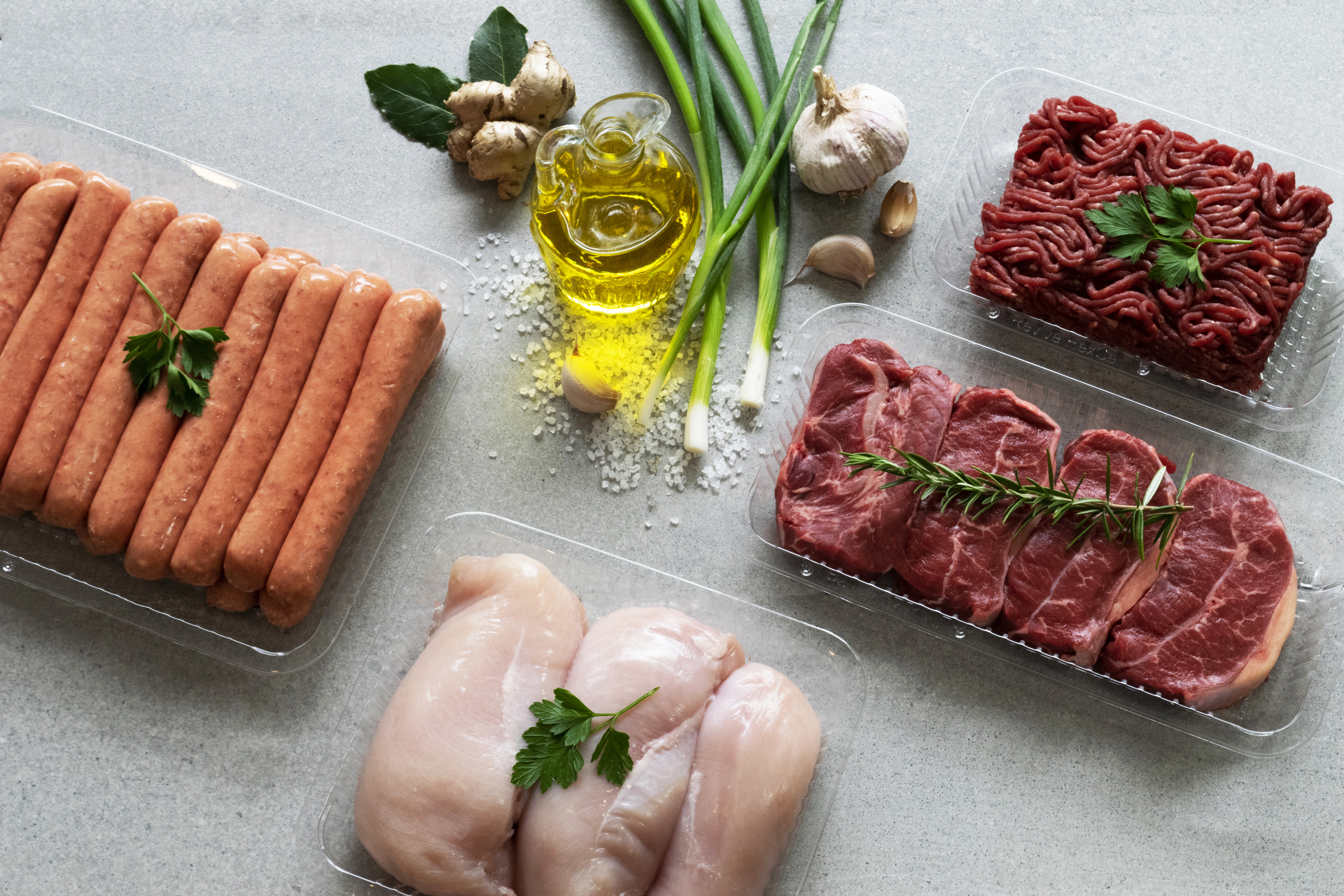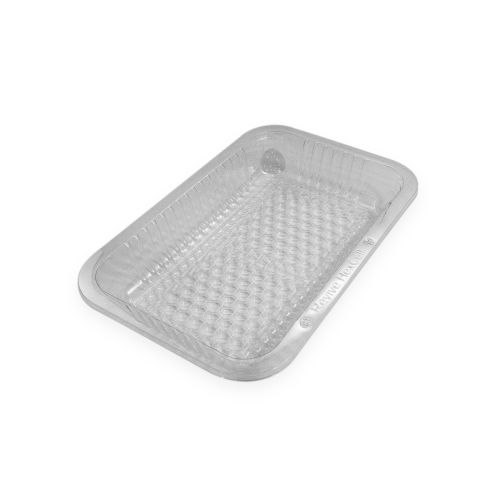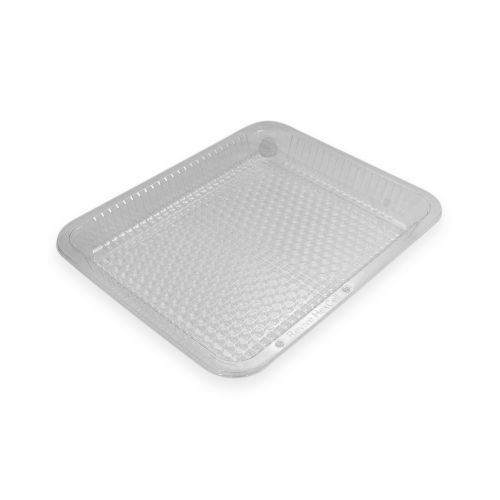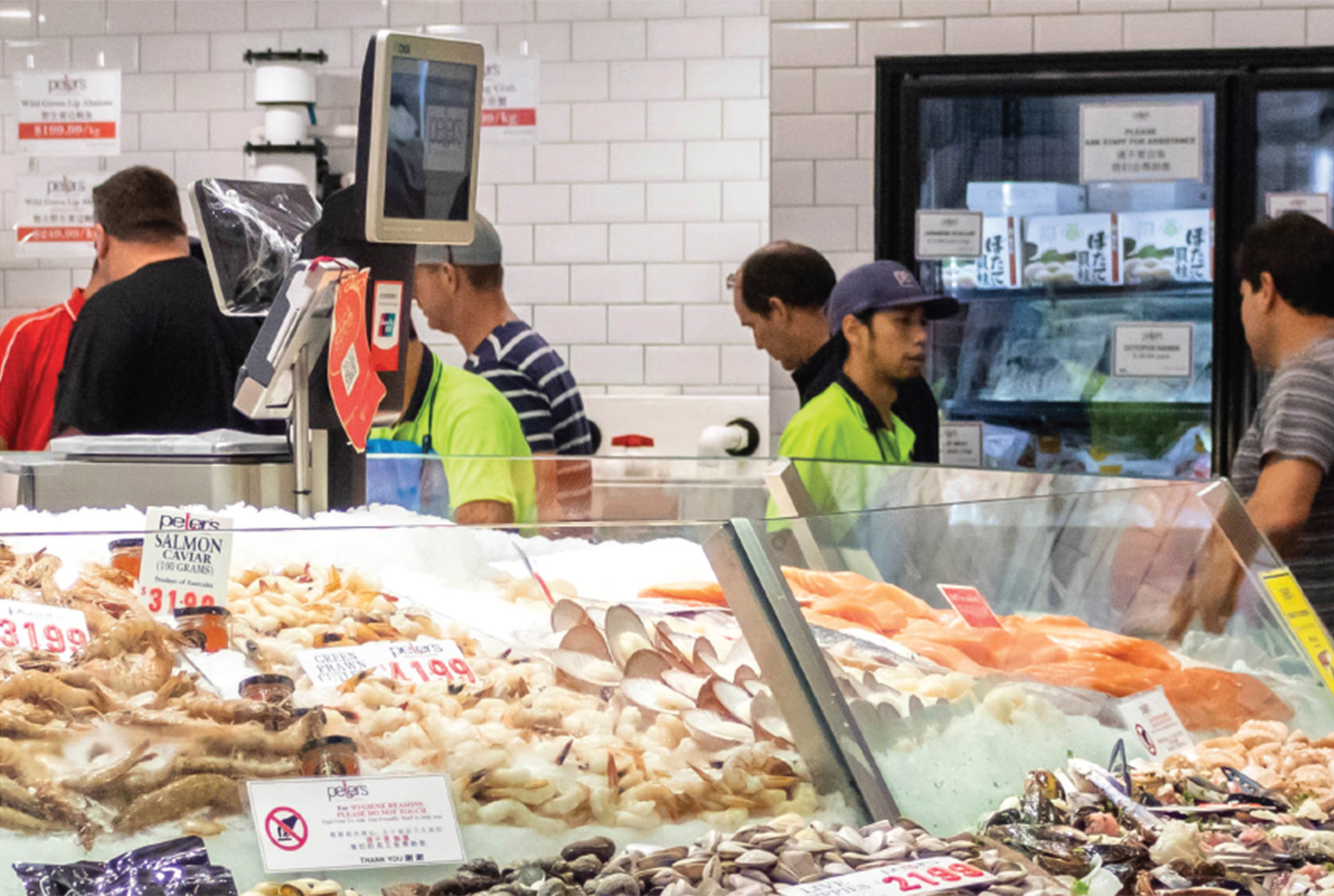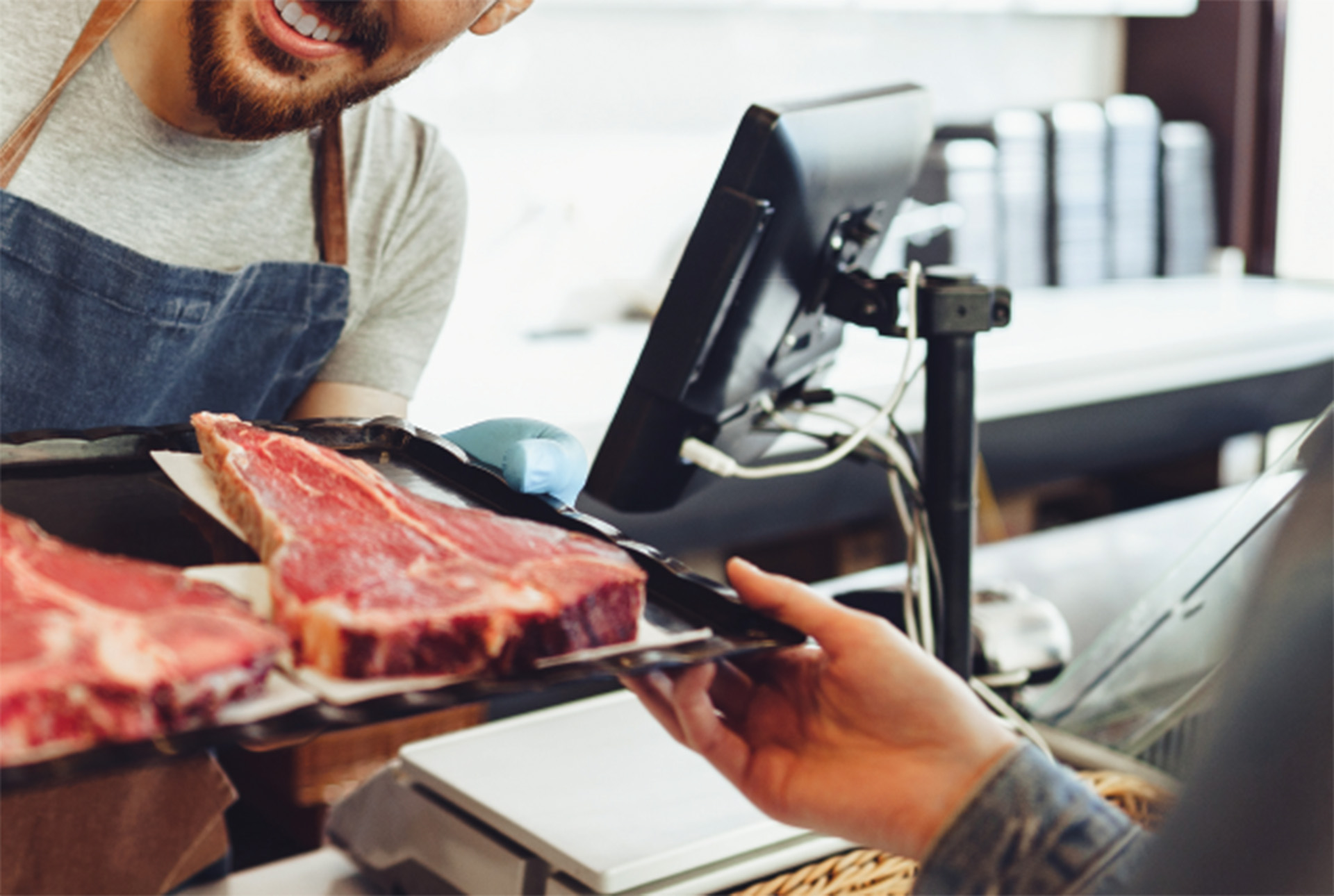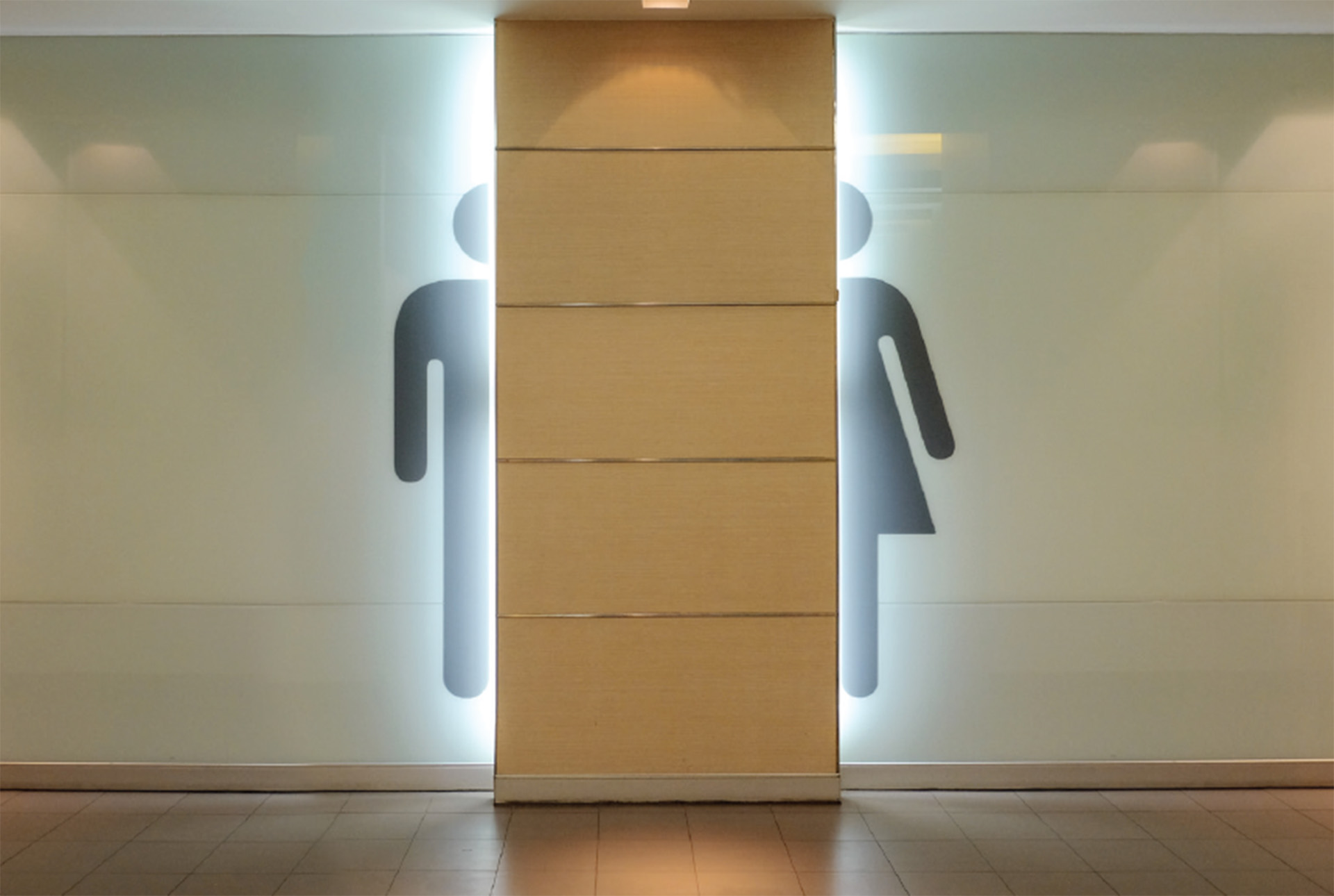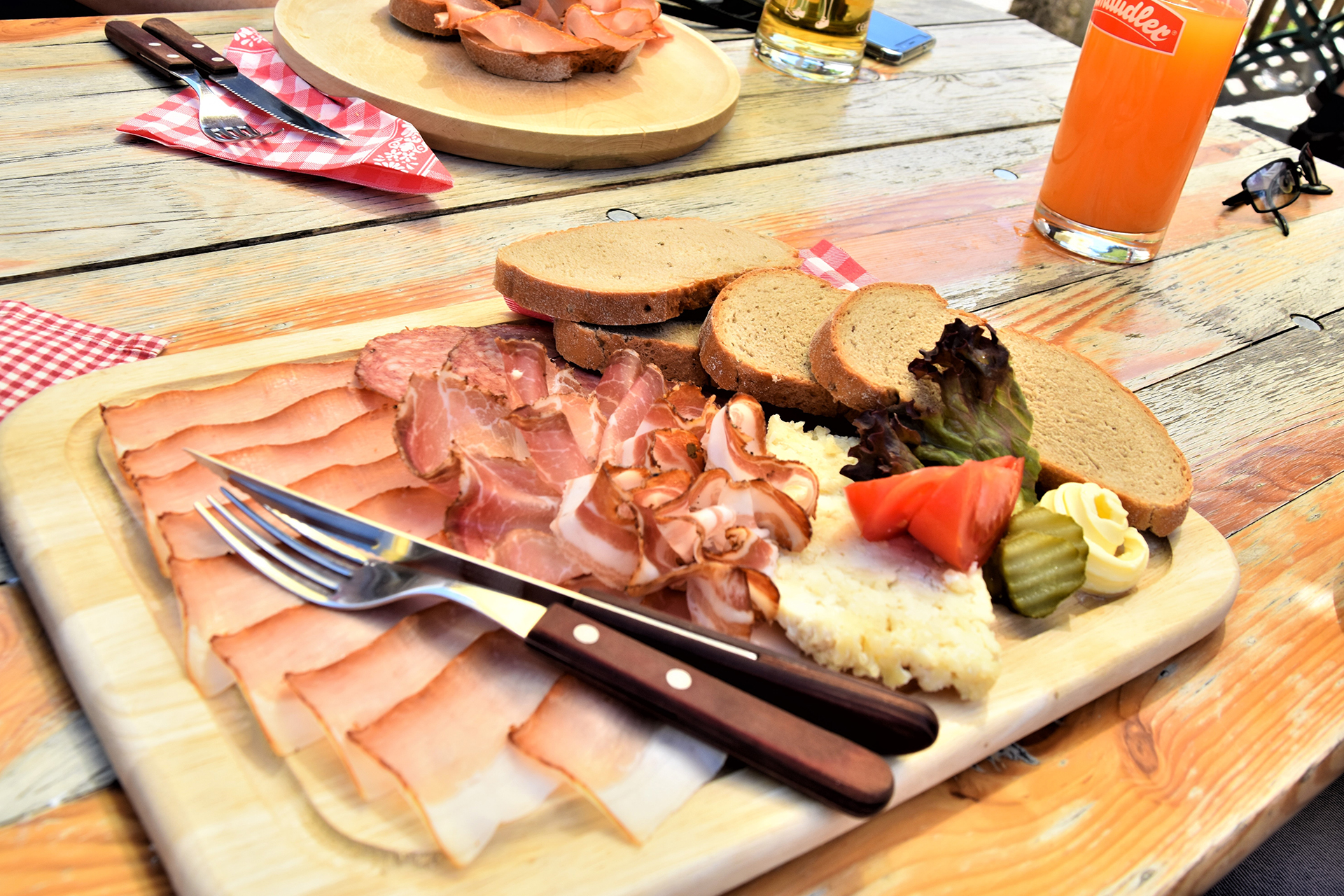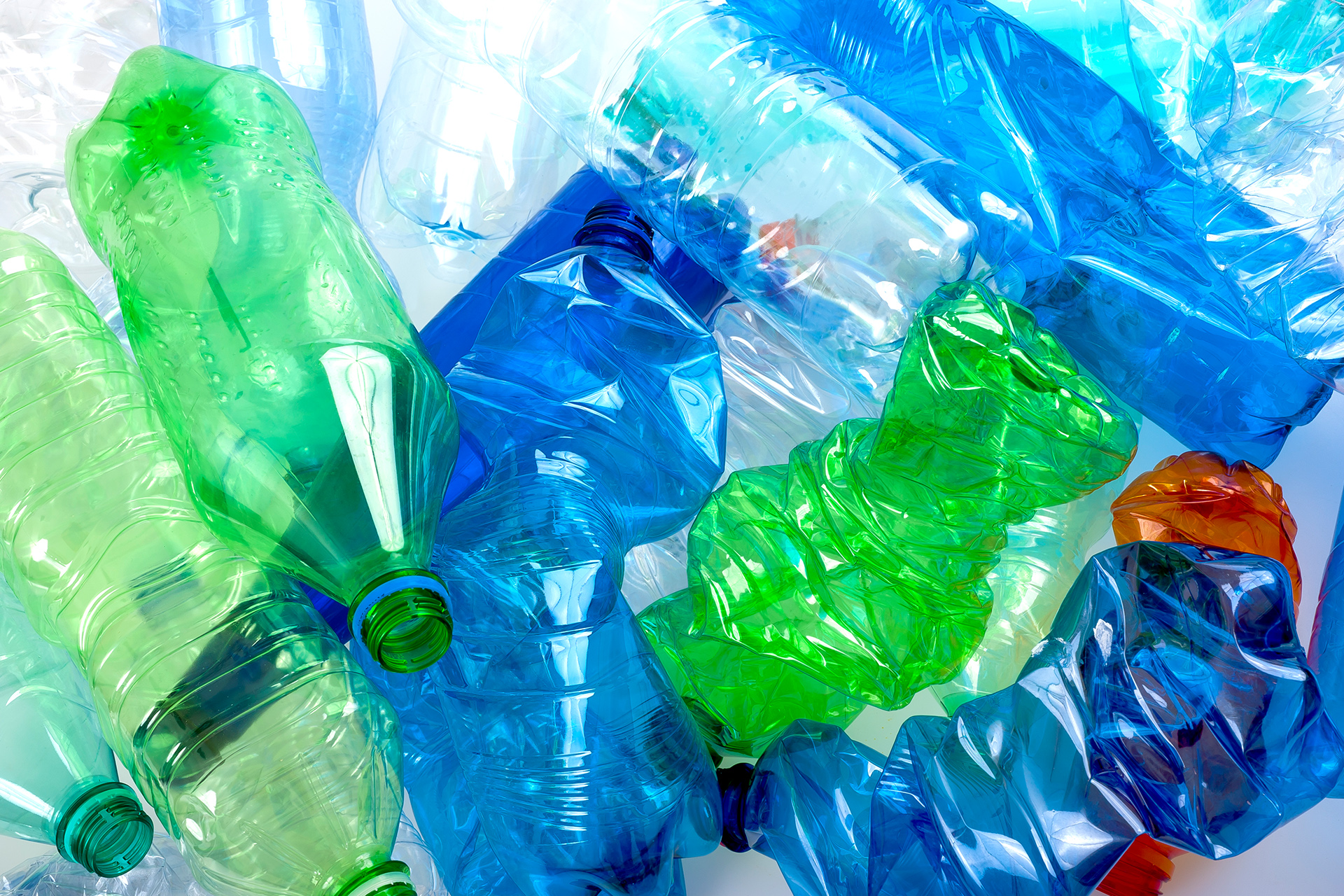Whether meat is purchased from a supermarket or your local friendly butcher, much of it is packaged on trays with a soaker pad as the absorbent base. (Trays made from foam or expanded polystyrene (EPS) are being phased out in Australian states throughout 2022). That packaging adds up to a whole lot of material that can’t be recycled. Soaker pads – which absorb the liquid that naturally seeps from meat and poultry, preventing pooling in the bottom of the package – are generally made from silica gel and cellulose (which aren’t harmful to the environment), but they’re wrapped in a thin plastic film that’s not recyclable. But a new-generation recyclable meat tray is changing the game.
DOUBLE BENEFITS
The secret ingredient in this tray? Recycled polyethylene terephthalate, or rPET. In Australia, PET is used in a range of products, including water bottles, food containers and shampoo bottles. When it’s recycled, it becomes known as rPET, and can be used to create goods like pallet straps, panelling, carpet and clothing fibres – and now, even meat trays. But rPET isn’t the most noteworthy thing about the trays. The hexagonal cells use surface tension to capture and retain fluid to prevent any leakage. The fluid is captured away from the meat to prevent pooling, improve presentation, keep the meat in better condition, and eliminate the need for a plastic-covered soaker pad.
For butchers, this is a quality, sustainable option, while eco-savvy consumers will also appreciate having one less plastic product to dispose of. The tray sizing is designed to match traditional foam tray sizing to ensure consistency for users and maximise the number of trays facing customers in a meat cabinet or display.
RPET FRIENDLY
Wondering what the science is behind rPET? The process is reasonably simple. After PET bottles have been sorted at a recycling centre, the material is ground into “flakes”. The flakes are then washed, helping to separate any foreign materials, and disinfectants and detergents may be used to ensure complete purity.
The material is then rinsed to eliminate any remaining contaminants or cleaning agents before it’s ready to be “redeployed” as a manufacturing material.
The trays are sold by Revive, which also carries rPET cold cups and lids in its disposable food packaging range. “Our trays really have a great start-of-life/ end-of-life story,” says Felicity Kelly, Bunzl Australia & New Zealand’s Sustainable Solutions Lead. “Not only are they made from recycled PET, they’re also suitable for both Australia and New Zealand council kerbside collection. And they won’t end up as landfill – they’ll become new containers for further use.”

